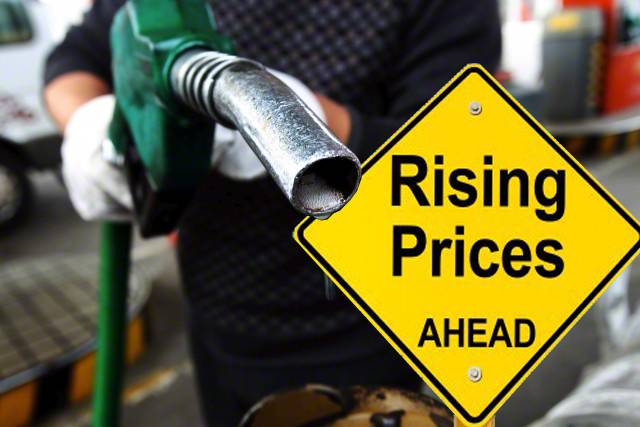Regular maintenance keeps fleet vehicles in good working condition, improving fuel efficiency. Make sure oil changes are done at the recommended intervals and use the grade of motor oil recommended by the manufacturer. Check vehicle suspension for misalignment, as worn shocks, bent wheels and damaged springs can affect fuel consumption or cause damage to the vehicle, resulting in downtime if the car or truck needs to be repaired. Schedule regular engine and battery inspections to check for worn parts and corrosion on battery cables, which can cause the alternator to work harder, increasing fuel consumption. Vehicle maintenance is essential for fuel efficiency and ensures the longevity of vehicles to save money in the long run.
Keep tyres properly inflated
Tyres account for around 20% of a vehicle's total fuel consumption. When your fleet vehicles’ tyres are underinflated, there's increased rolling resistance friction, which increases fuel consumption. It’s important for you or your field workers to check tyres regularly to improve fuel efficiency. If you’re unsure what the tyre pressure should be, follow the manufacturer’s guidelines to ensure the tyres are optimally inflated. While underinflated tyres reduce fuel economy, you shouldn’t overinflate a car or truck’s tyres either. When tyre pressure is too high, they’re more susceptible to damage, wear and tear and tyre blowouts, which can be extremely dangerous. To avoid underinflating or overinflating tyres, check your fleet vehicles’ tyres at least once a month.
Use an efficient inventory system
If your field workers need to travel to your warehouses to collect materials for jobs, make sure you're using an efficient inventory system. If they arrive at a warehouse and the materials they need are at a different location, they’ll have to travel further, increasing their mileage unnecessarily. Besides increasing fuel consumption, it also increases the time spent on a task, reducing productivity.
Start using Vehicle Tracking Software to monitor driver behaviour
Speeding, idling, acceleration, and braking can reduce fuel consumption, but it's challenging to keep an eye on your Field Workers' driving behaviour when they are working remotely. With Vehicle Tracking Software you can track your vehicles and generate driver behaviour reports to find out if your technicians are speeding, braking harshly and accelerating rapidly, all of which lower fuel economy. You can use this information to provide training to improve their driving skills and use Vehicle Tracking Software to monitor their driving to determine whether the training has been effective.




No comments yet
Be the first to share your thoughts!